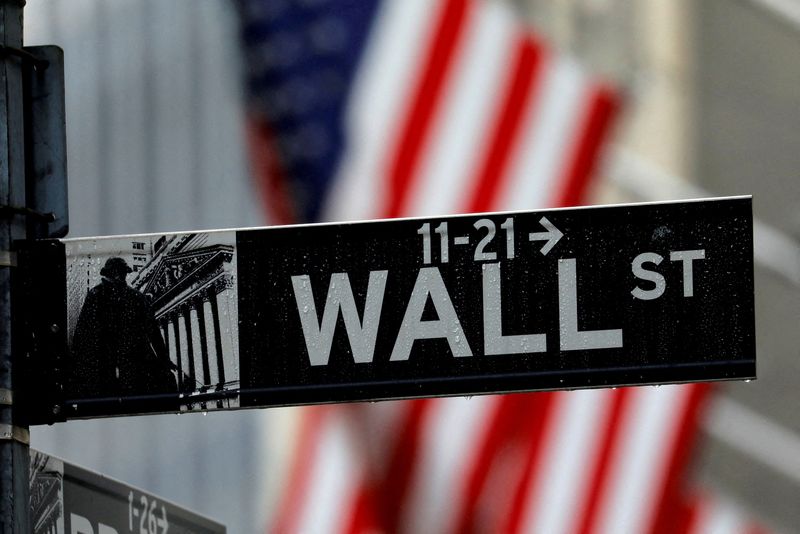Investing.com -- The S&P 500 fell Tuesday as investors fled risk assets on growing fears about a wider Middle East conflict after Iran launched several missiles at Isreal.
At 4:00 p.m. ET (2000 GMT), the Dow Jones Industrial Average was down 173 points, or 0.4%, S&P 500 traded 1%, lower, while NASDAQ Composite dropped 1.5%.
All three of the main averages on Wall Street advanced in both September and the third quarter, the first positive September for the S&P 500 since 2019.
The S&P 500 is now up more than 20% this year - the first time since 1997 that the benchmark index has risen 20% or more through the first nine months of the year.
Iran launches strike on Israel
Iran launched ballistic missiles toward Israel, the Israeli military said Tuesday, escalating a conflict in the oil-rich Middle East that threatens to suck in the major regional powers as well as the U.S..
Iran warned international parties about the scale and timing of the attack, Sky News Arabia reported. Israel said it would carry out powerful airstrikes, signaling that a potential retaliatory strike against Tehran could be imminent.
This follows Israeli troops beginning "limited" raids against Hezbollah targets in the border area of Lebanon.
The rising fears of a wider Middle East conflict stoked a bid in oil prices on fears of supply disruptions in the region, while defense were also sharply higher.
Lockheed Martin Corporation (NYSE:LMT), Northrop Grumman Corporation (NYSE:NOC) and L3Harris Technologies Inc (NYSE:LHX) higher.
Powell reins in major cut expectations
The new month had already started with Wall Street on the back foot after Fed chief Jerome Powell reined in expectations of another hefty rate cut this month, saying the committee doesn't feel "like it’s in a hurry to cut rates quickly" and that the process of lowering the fed funds rate will "play out over time."
Goldman Sachs strategists said they see Powell’s remarks “as consistent with our forecast for 25bp cuts in November and December.”
“We continue to see the choice between 25bp and 50bp in November as a close call,” they added.
The Fed began its policy shift last month with a 50bp rate cut, marking the first reduction since 2020.
Heavy economic data slate
There is more US economic data to study as investors look for more clues over how the Fed approaches more potential rate cuts this year.
The closely-monitored Job Openings and Labor Turnover Survey, or JOLTS report, is expected to show that there were 7.640 million available roles in August.
Investors will also be scrutinizing the September reading of the Institute for Supply Management's manufacturing and services purchasing managers' indices this week for further signals on the momentum of the American economy.
The week ends with the release of the October nonfarm payrolls report on Friday, with economists expecting the US economy to have added 144,000 jobs.
CVS Health mulls options; Boeing reportedly eyes stock sale
On the corporate front, CVS Health (NYSE:CVS) stock fell 2% after Reuters reported the company is reportedly mulling options that would include the company breaking up its retail and insurance divisions.
Citing people familiar with the matter, the news agency said CVS Health has been discussing several options, including the process of a split, with its financial advisors in recent weeks.
Boeing Co (NYSE:BA) cut losses to rise 1% despite Bloomberg reporting that the aircraft maker is mulling the sale of at least $10B worth of stock to boost its balance sheet.
(Peter Nurse contributed to this story)
